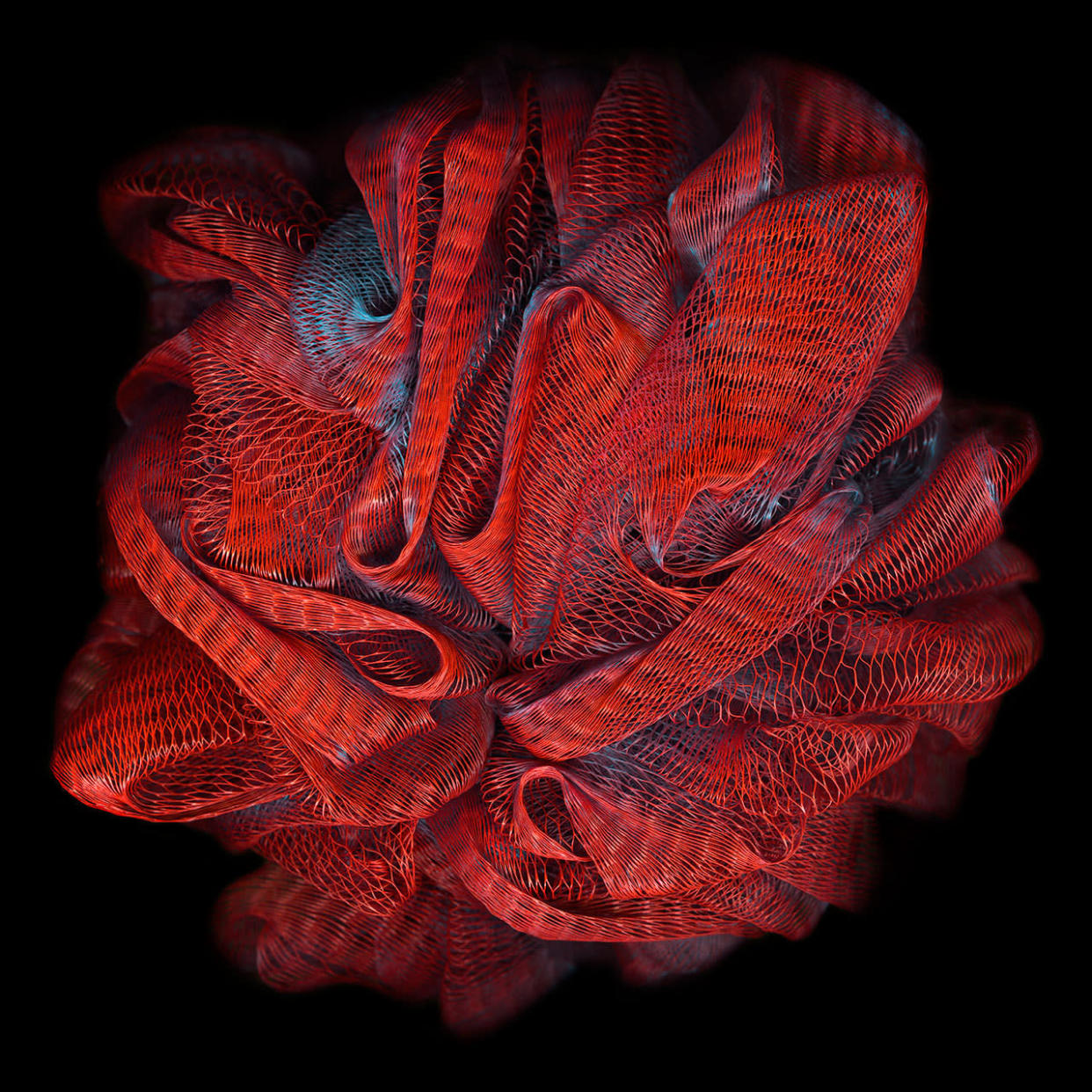Sorry, but Your Loofah Is Probably Really Nasty

Probably completely disgusting. (Photo: Gallery Stock)
While your skin may feel silky smooth after lathering up in the shower with your brightly colored loofah, there’s a chance that this scrubber isn’t cleaning your body at all — because the multilayered sponge might be laced with spreadable, even contagious germs.
The Sun, a daily tabloid published in the U.K. and Ireland, revisited an old study published in the Journal of Clinical Microbiology, which found that infectious bacteria could grow on this mesh shower ball literally overnight. It even quoted a dermatologist who stated that these puffs “can do more harm than good.”
So are these body sponges really that bad?
“The jury is still out, but some dermatologists say not to use them at all, and some say use them with caution,” Marilyn C. Roberts, PhD, a professor of environmental and occupational health sciences in the University of Washington School of Public Health, tells Yahoo Beauty.
Related: Here’s Why You Definitely Want to Wash Your Water Bottle More
She explains that researchers focused on the bacteria pseudomonas aeruginosa, “which is a potential pathogen that can actually grow quite nicely on these devices.” The Centers for Disease Control and Prevention (CDC) states that skin rashes, as well as ear infections, can occur with this type of bacteria “especially after exposure to water.”
There’s also the possibility that yeast, like Candida, lingers on your pouf sponge — “Candida cause yeast infections in women, but they can also cause infections in the mouth and on the skin” — along with staphylococcus and streptococcus, “the two big ones [bacteria] that can cause skin infections,” continues Roberts.
Also, your mesh puff could be holding on to environmental bacteria that found its way into your bathtub, including the organisms nontuberculous mycobacteria, “which are very commonly found in water and showerheads.”
Then the disgustingness multiplies when you add heat to the mix.
“Bacteria and yeast love moisture, and if you have anything that is left wet and it’s placed in [an environment that is] room temperature or warmer — it’s going to have things grow,” says Roberts.
Related: Your Gym Equipment Is Probably Even Grosser Than a Toilet Seat — a Lot Grosser
She states that one dermatologist recommended drying the sponge completely after each use (perhaps with a hair dryer) and storing it in a cool, dry place (meaning a room without a shower). “That’s because most organisms don’t survive if they’re totally dried out,” explains Roberts.
Another suggestion — tossing the synthetic balls into the dishwasher or washing machine as part of your weekly routine, “which would sterilize them.”
Overall, Roberts doesn’t believe bathing with a loofah — “one that is cleaned periodically and discarded on a regimented basis, like every three to four weeks” — will harm the average healthy adult. “However, if you have cuts or abrasions, if you’re immunocompromised, or if you share these items with others, that could be a real issue.”
Also, those who are young (children), elderly, or dealing with any type of skin condition (e.g., acne, eczema, rosacea) may want to use plain soap and water without the aid of a mesh ball. “It’s very individualistic, so if someone is seeing a dermatologist, they should ask their doctor.”
And above all, use a little common sense.
“If it’s smelling or if it looks like something is growing on it, throw it out!”
Let’s keep in touch! Follow Yahoo Beauty on Facebook, Twitter, Instagram, and Pinterest.

